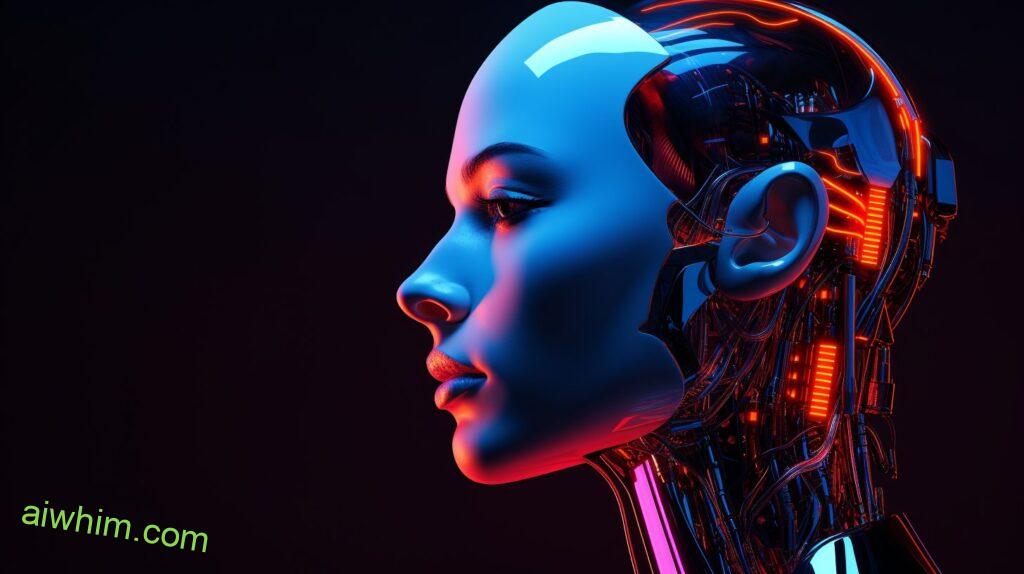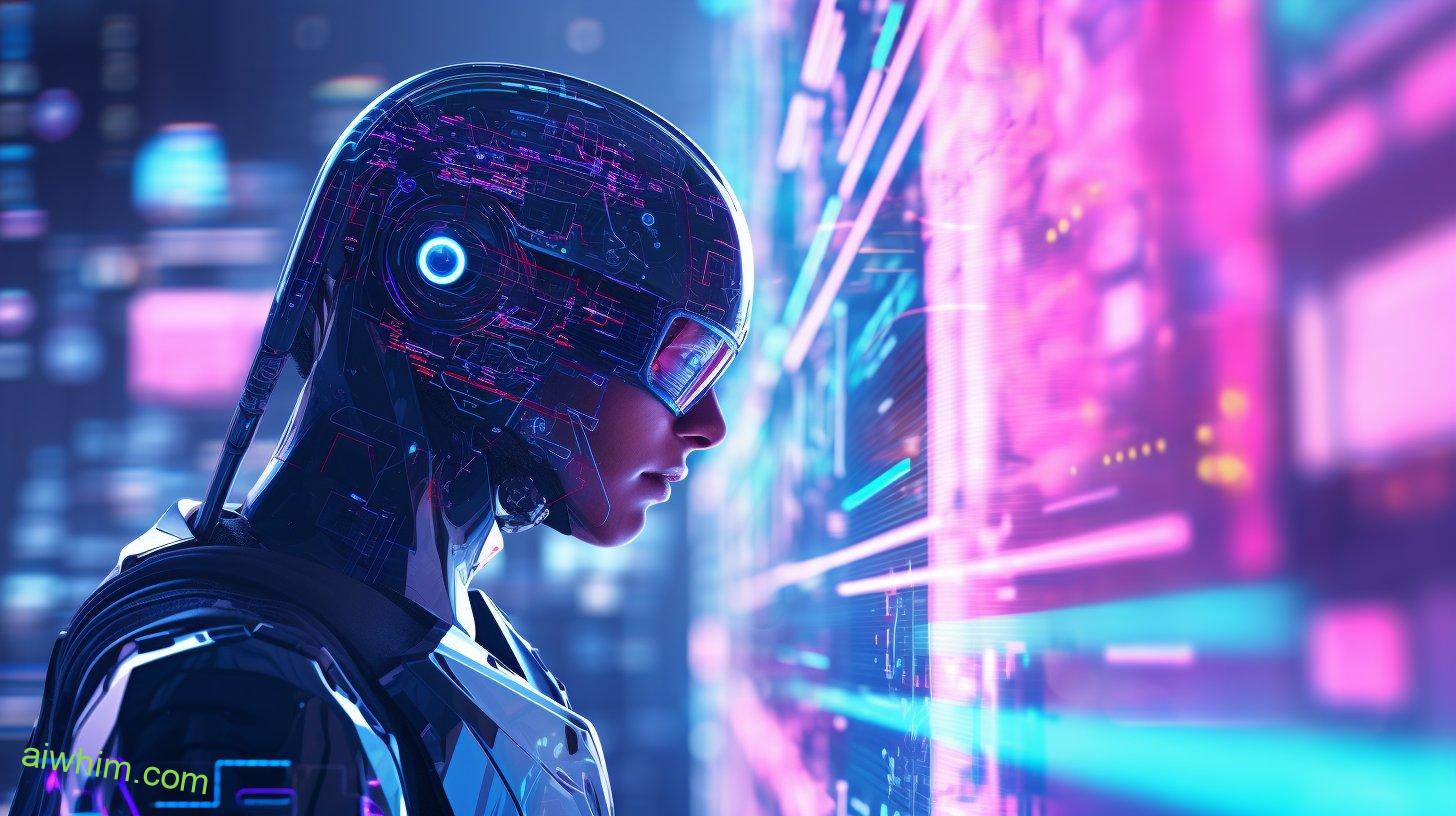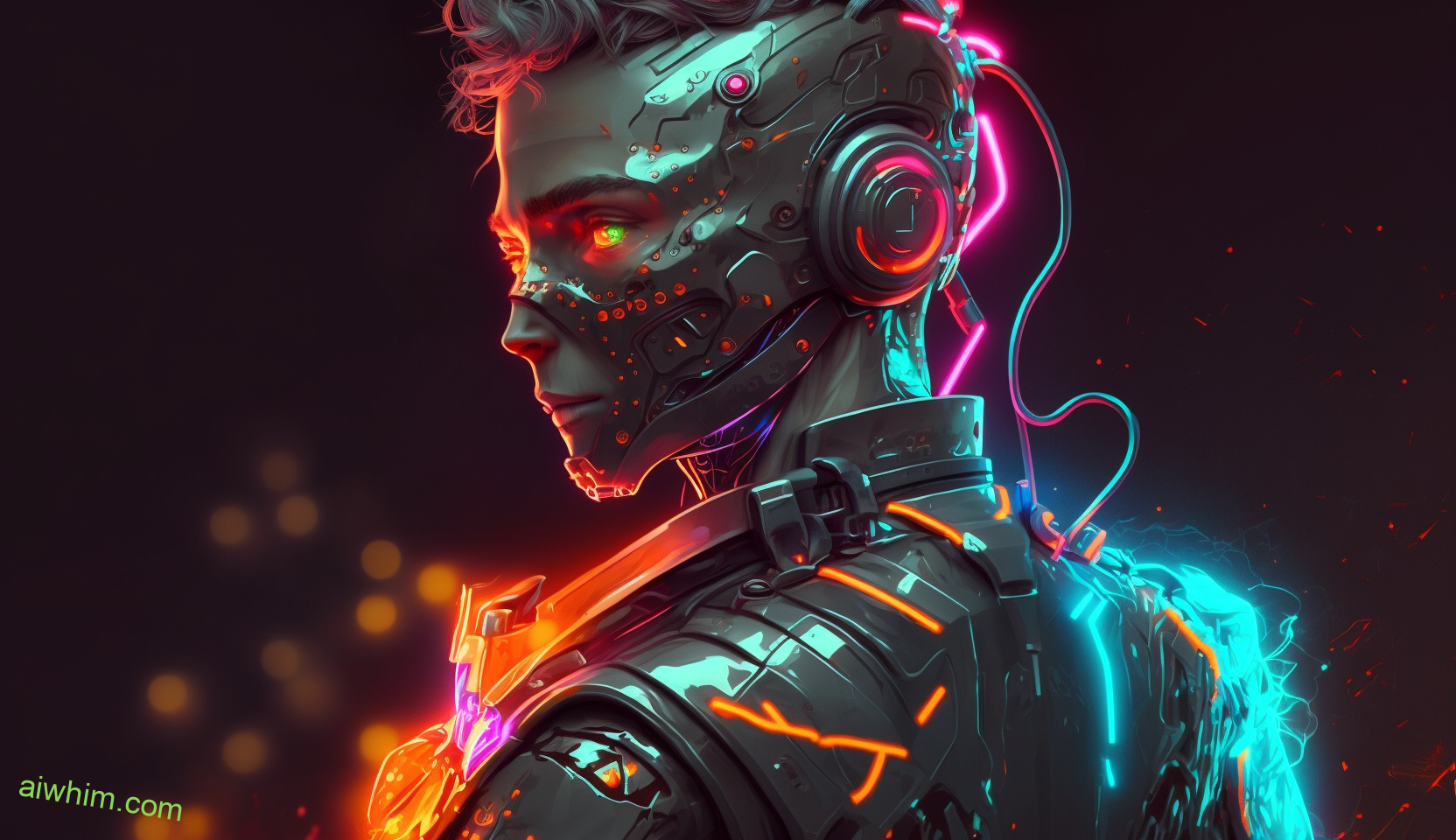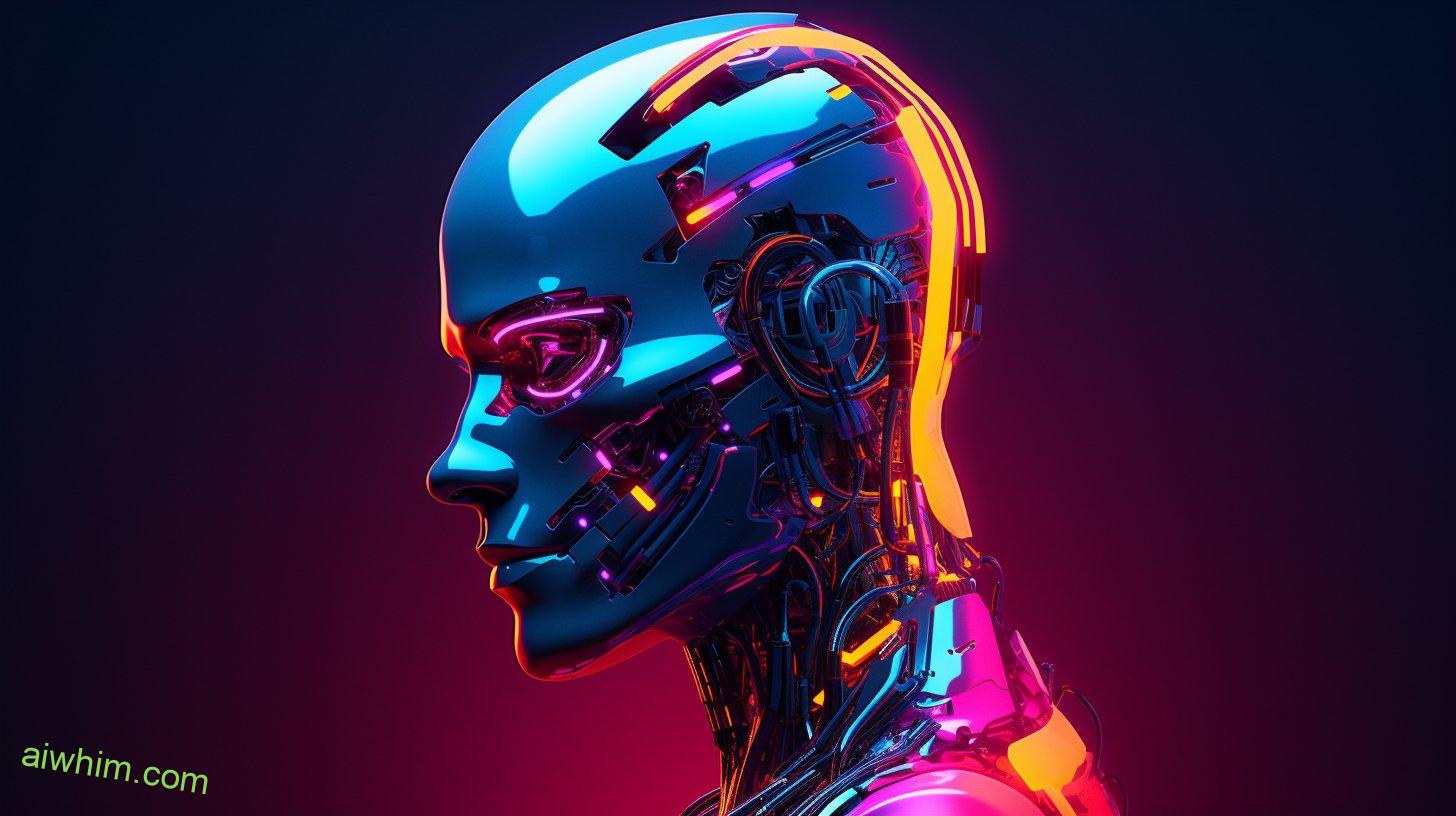Are you worried about the future of flight attendant jobs? Well, brace yourself because AI might just make them redundant.
With the rapid advancements in technology, airlines are increasingly turning to artificial intelligence to enhance efficiency and automate in-flight services. From customer service to emergency situations, AI is revolutionizing the aviation industry.
But what does this mean for flight attendants?
In this article, we’ll explore the impact of AI and whether it’s time for flight attendants to adapt or face redundancy.
Stay informed, stay empowered.
Key Takeaways
- AI technology is being used to improve efficiency, safety, and customer experience in the aviation industry.
- AI algorithms personalize in-flight entertainment options and meal services based on passenger preferences and behavior.
- AI-powered systems automate tasks such as baggage handling, security checks, and flight scheduling, reducing human error and improving overall operations.
- AI enhances passenger safety and comfort by analyzing surveillance footage, predicting maintenance issues, and providing instant assistance through chatbots and virtual assistants.
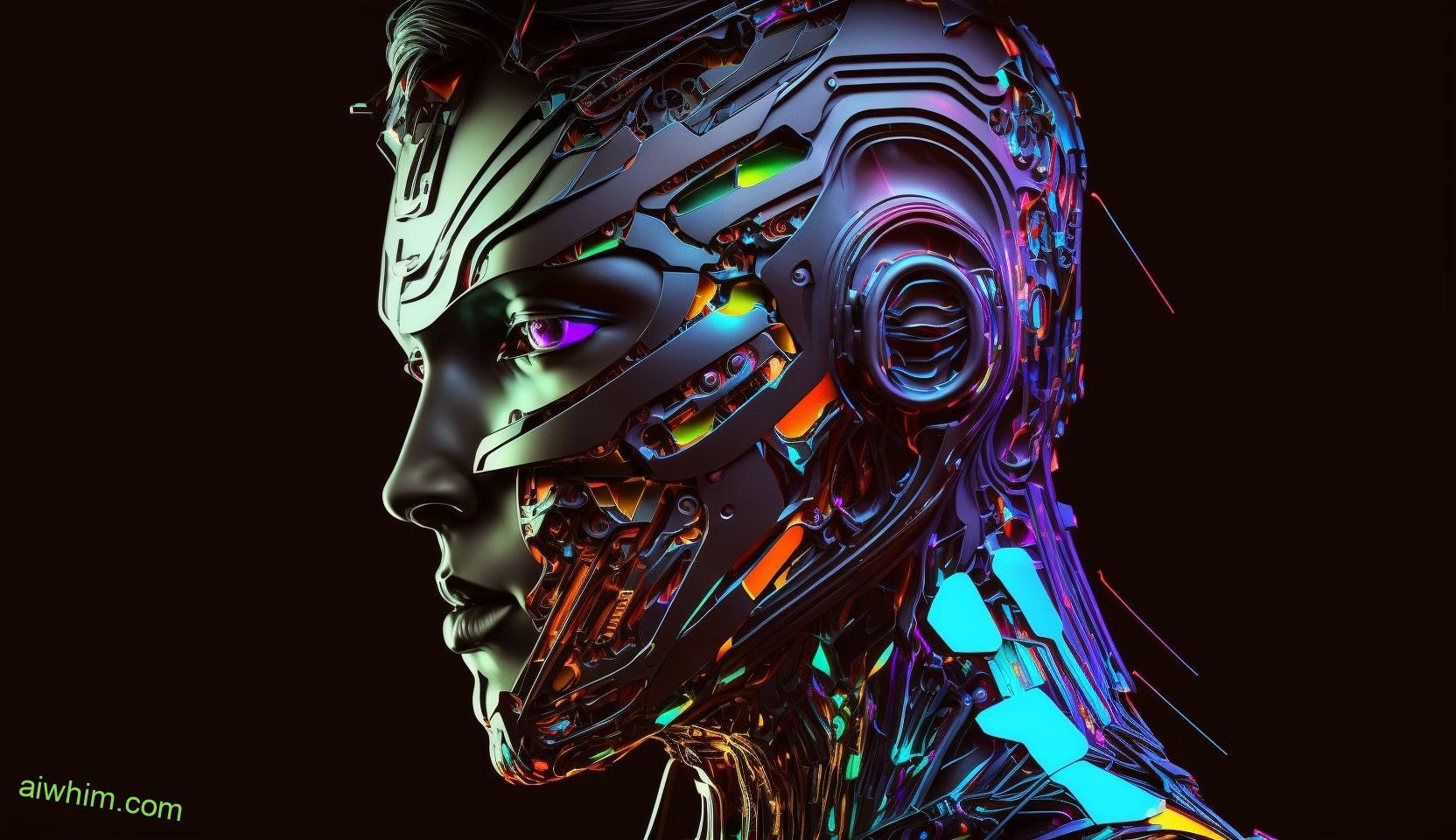
The Role of AI in the Aviation Industry
AI is revolutionizing the aviation industry, potentially making flight attendant jobs redundant. With advancements in artificial intelligence, airlines are increasingly relying on AI technology to improve efficiency, safety, and customer experience. AI in aviation has the potential to automate various tasks previously performed by flight attendants, impacting the job market in significant ways.
One of the main areas where AI is being implemented is in customer service. AI-powered chatbots and virtual assistants are being used to handle customer inquiries, provide flight information, and assist with booking and check-in processes. These AI systems can quickly and accurately provide information, saving time for both passengers and airline staff. As a result, the need for human flight attendants to handle routine customer interactions may decrease.
Additionally, AI is being utilized in aircraft maintenance and safety. AI algorithms can analyze data from sensors and predict potential failures or malfunctions, enabling proactive maintenance and reducing the risk of in-flight emergencies. This not only improves safety but also reduces the need for flight attendants to handle emergency situations.
Furthermore, AI is being incorporated into in-flight entertainment systems, personalizing the passenger experience. AI algorithms can analyze passenger preferences and behavior, tailoring entertainment options and recommendations. This enhances the overall flying experience, but also reduces the need for flight attendants to manually assist passengers with entertainment choices.
While the implementation of AI in aviation brings many benefits, it also raises concerns about job security for flight attendants. As AI technology continues to advance, it’s possible that routine tasks currently performed by flight attendants will be automated, potentially leading to a reduction in the demand for human flight attendants. However, it’s important to note that AI can’t replace the human touch and personalized care that flight attendants provide, especially in emergency situations or when dealing with passenger emotions.
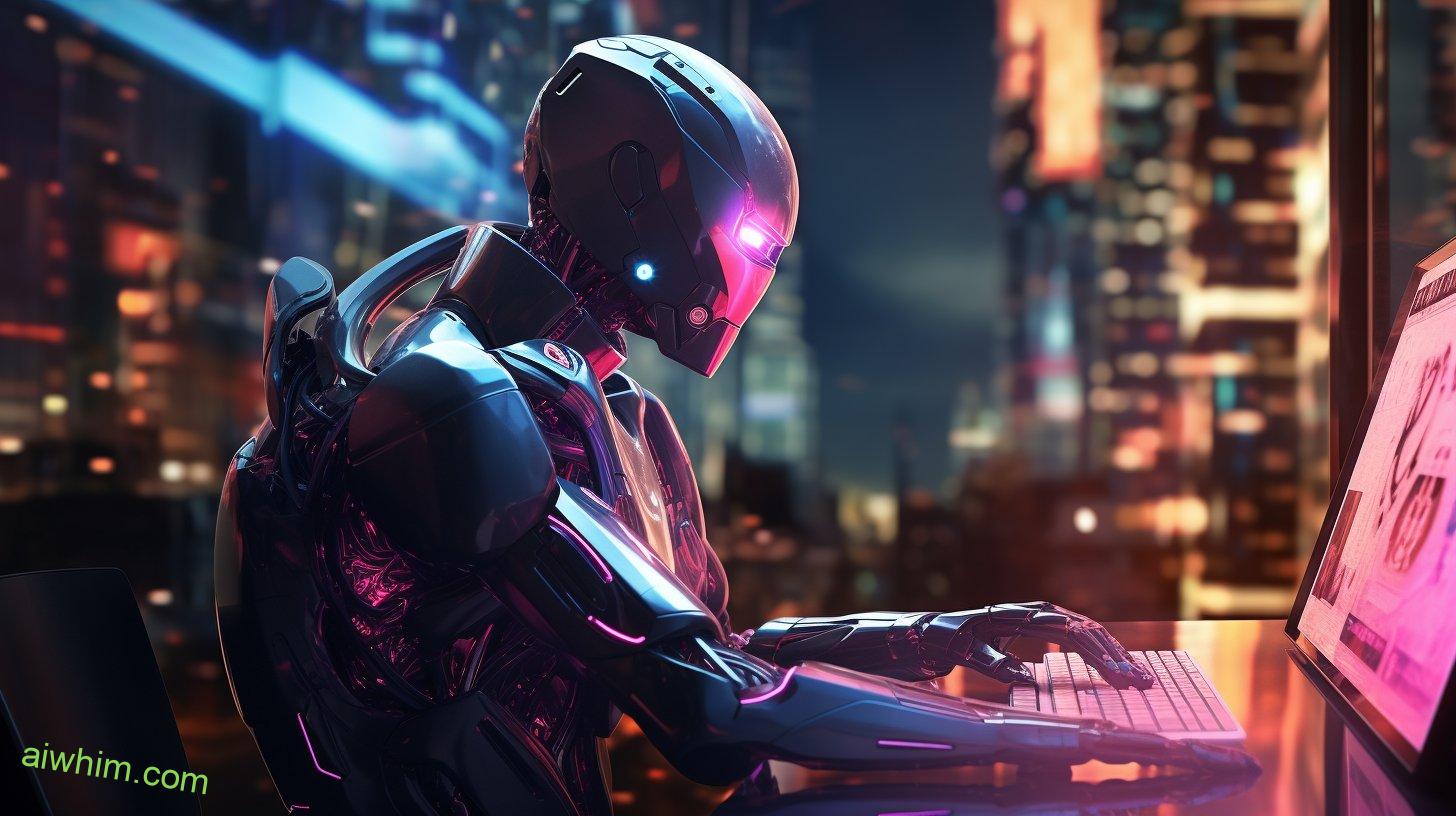
How AI Is Transforming In-Flight Services
You’ll notice significant changes in in-flight services due to the transformative impact of artificial intelligence. AI is revolutionizing the way airlines provide in-flight entertainment and meal services, creating a more personalized and efficient travel experience for you.
Gone are the days of generic in-flight entertainment options. With AI, airlines can now offer a wide range of content tailored to your preferences. By analyzing your previous choices and preferences, AI algorithms can suggest movies, TV shows, and music that you’re likely to enjoy. This ensures that you’ve a more enjoyable and engaging journey, with entertainment options that truly cater to your tastes.
AI also plays a crucial role in meal services during your flight. With AI-powered meal services, airlines can gather data on your dietary preferences, allergies, and restrictions. This allows them to offer you a customized meal that suits your needs, ensuring that you’ve a pleasant dining experience on board. AI algorithms can even learn from your feedback, continuously improving the quality and variety of meals offered.
Furthermore, AI enables airlines to streamline their operations and enhance efficiency. By automating certain tasks, such as inventory management and passenger requests, flight attendants have more time to focus on providing personalized and attentive service to you. This means that you’ll receive quicker responses to your needs and enjoy a more efficient overall travel experience.
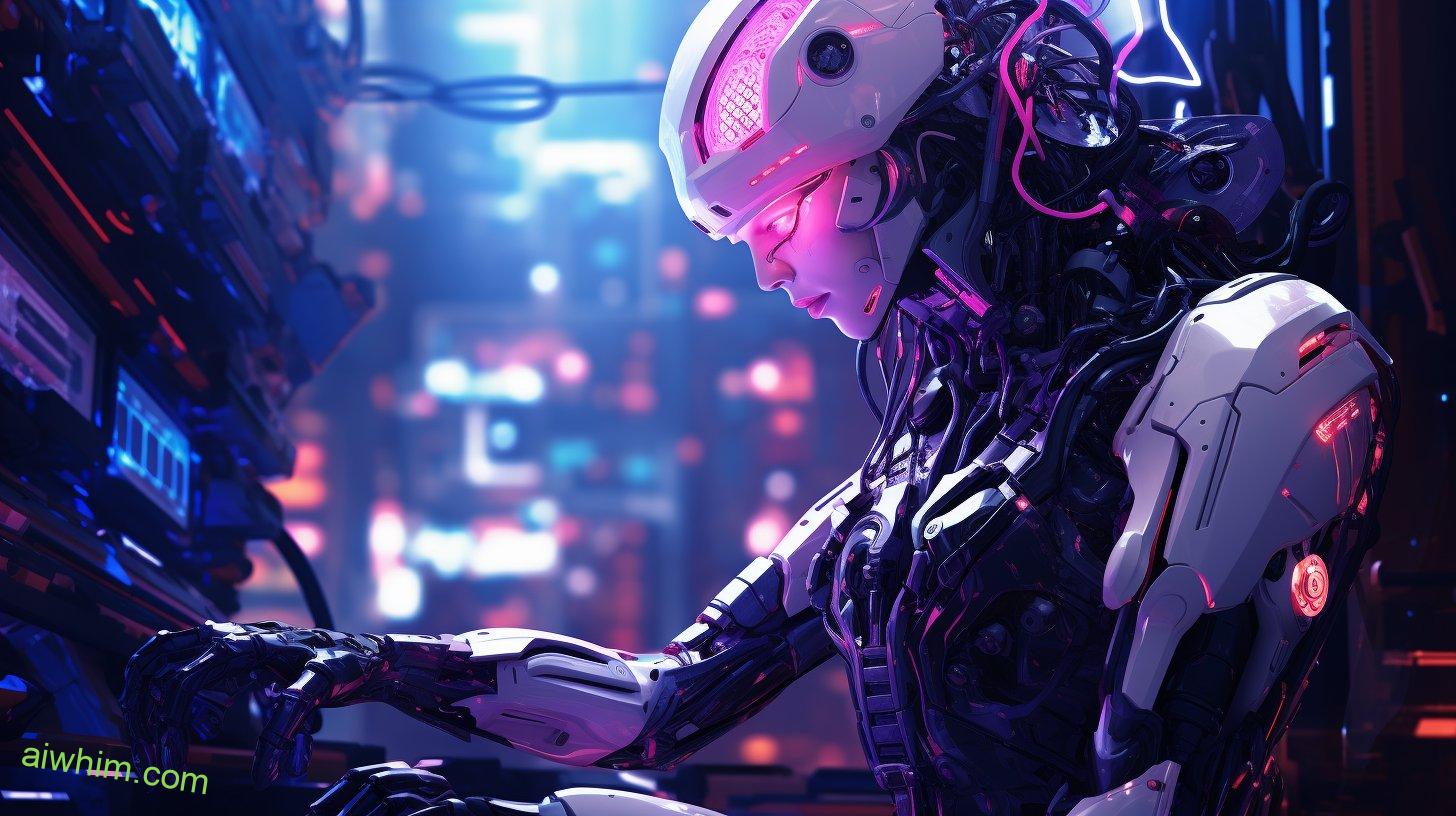
Automation and Efficiency in Airline Operations
Automation and efficiency in airline operations have significantly improved the overall travel experience, allowing for smoother and more streamlined processes. Thanks to advancements in technology, airports are now able to implement automation benefits and utilize AI in various aspects of their operations.
One area where AI is making a significant impact is in airport operations. With the help of AI-powered systems, airports are able to automate tasks such as baggage handling, security checks, and flight scheduling. This not only speeds up the overall process but also reduces the chances of human error. As a result, you can expect shorter queues, faster check-ins, and more accurate flight information.
Another benefit of AI in airport operations is the increased speed and efficiency of security screenings. AI-powered scanners can quickly and accurately detect prohibited items, making the security process faster and less intrusive. This means that you can spend less time waiting in lines and more time enjoying your journey.
Furthermore, AI is also being used to improve the overall customer experience. Chatbots and virtual assistants are becoming increasingly common in airports, allowing you to easily find information, ask questions, and even make bookings. These automated systems are available 24/7, providing you with the freedom to access the information you need at any time.
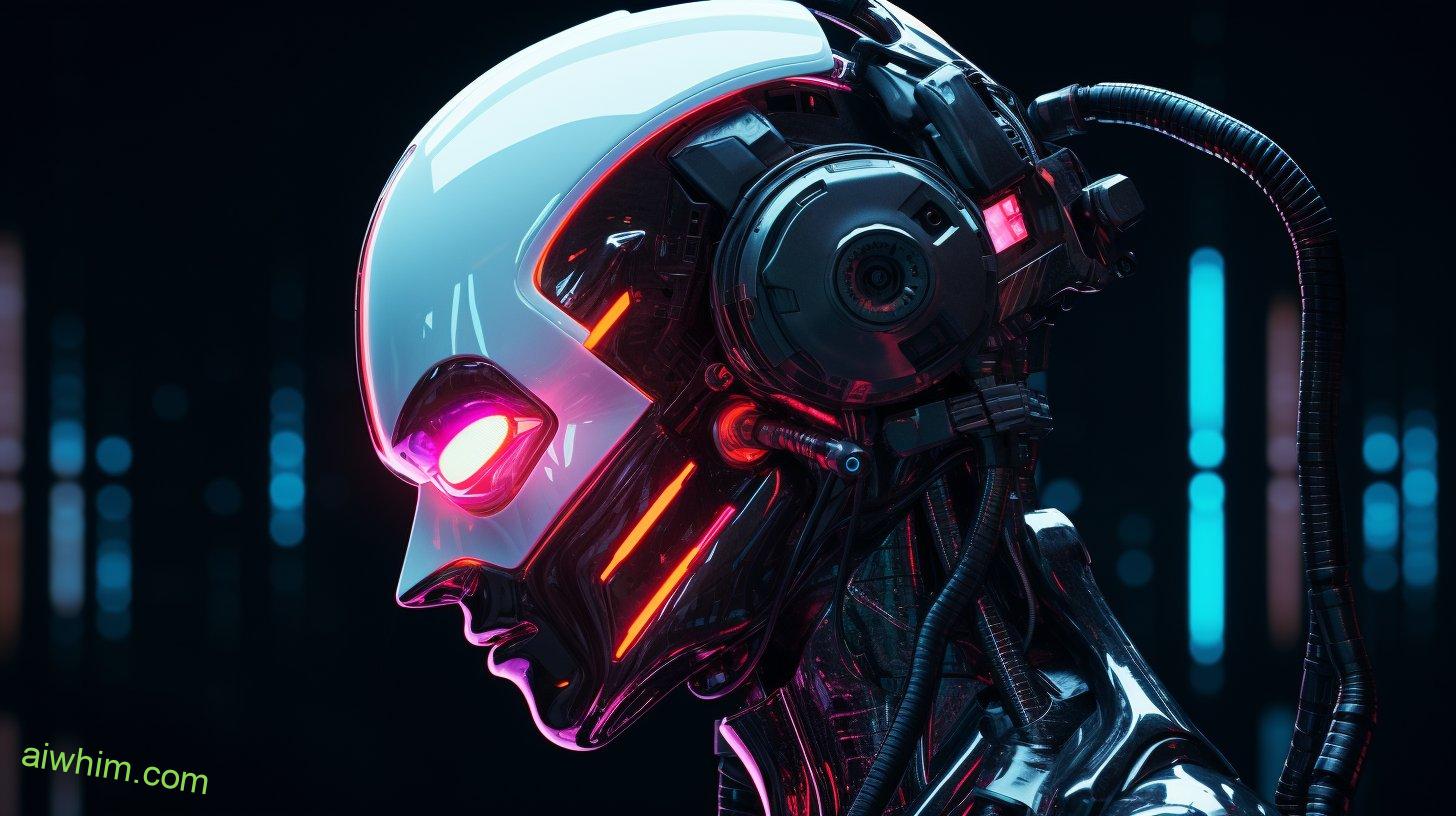
The Impact of AI on Passenger Safety and Comfort
As a passenger, you can feel safer and more comfortable knowing that AI technology is being used to enhance security measures and improve your overall travel experience.
AI’s impact on passenger safety is significant, as it allows for more accurate threat detection and prevention systems. Here are a few ways AI is enhancing your safety:
- AI-powered surveillance systems: These systems use advanced algorithms to analyze security camera footage and identify suspicious behavior or objects. They can quickly alert security personnel to potential threats, ensuring a swift response.
- Predictive maintenance: AI algorithms can analyze vast amounts of data to predict when components of the aircraft may fail. By identifying and addressing potential issues before they become critical, AI helps reduce the risk of in-flight malfunctions and incidents.
AI’s impact on passenger comfort is equally important. By analyzing passenger data and preferences, AI can personalize your travel experience, making it more enjoyable:
- Intelligent cabin systems: AI-powered cabin management systems can adjust lighting, temperature, and other settings based on individual passenger preferences. This creates a more comfortable and personalized environment throughout your journey.
- Chatbots and virtual assistants: AI-powered chatbots and virtual assistants can provide instant assistance and answer your queries, eliminating the need to wait for a human representative. This not only saves time but also ensures a seamless and hassle-free travel experience.
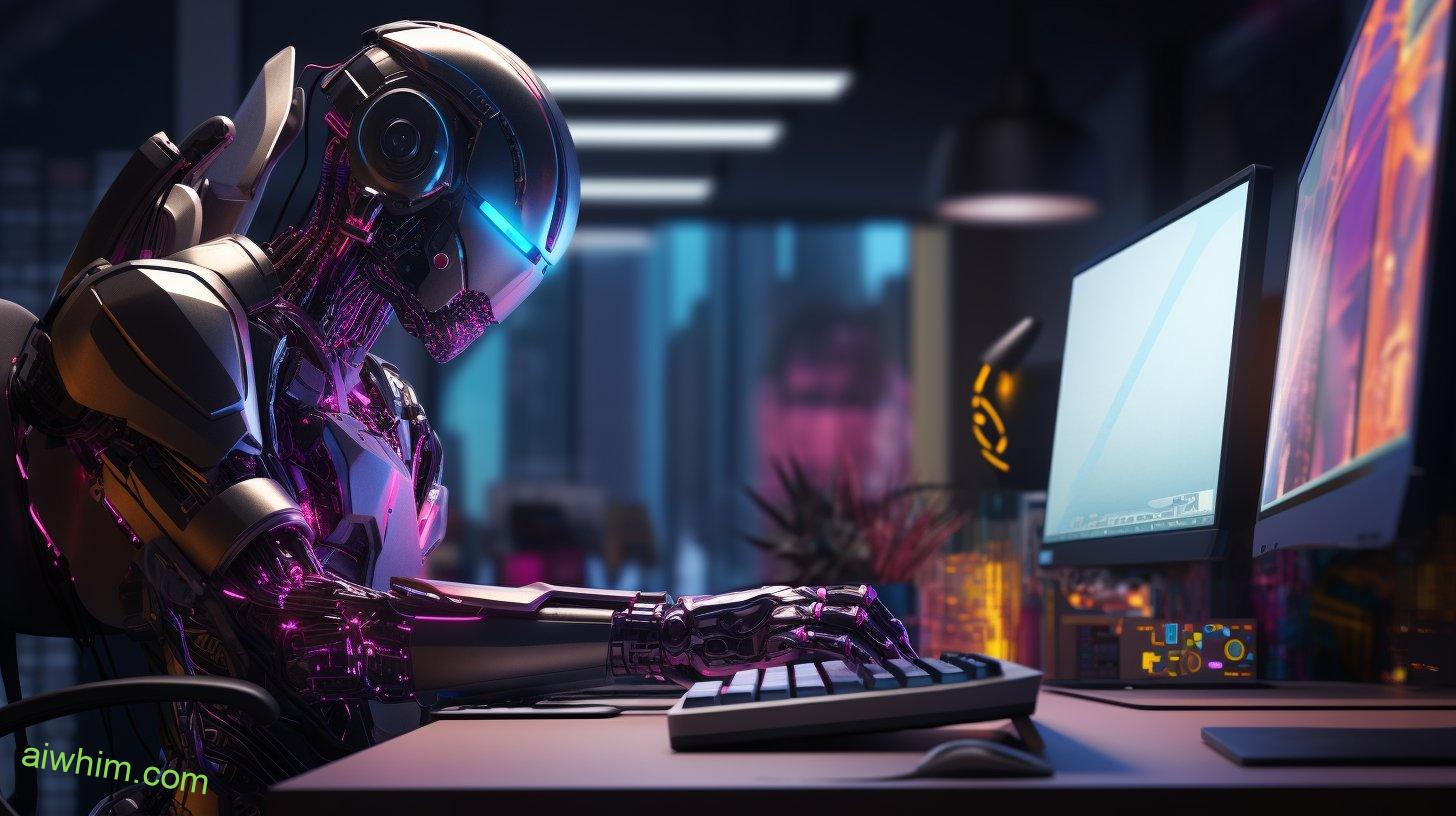
AI-Powered Customer Service in the Airline Industry
When it comes to customer service in the airline industry, AI-powered chatbots and virtual assistants can provide efficient and personalized assistance throughout your journey. These AI-powered virtual assistants are designed to cater to your needs and ensure a seamless travel experience. With their advanced capabilities, they can handle a wide range of tasks, from helping you book your flight to providing real-time updates on your flight status.
One of the key advantages of AI-powered virtual assistants is their ability to analyze passenger feedback. Using artificial intelligence algorithms, these chatbots can analyze feedback from passengers and identify patterns and trends. This allows airlines to gain valuable insights into customer preferences and pain points, enabling them to make informed decisions to improve their services.
Furthermore, AI-powered virtual assistants can offer personalized recommendations and suggestions based on your preferences and previous interactions. By analyzing your travel history and preferences, these chatbots can suggest the best flight options, hotels, and even local attractions at your destination. This not only saves you time and effort but also enhances your overall travel experience.
In addition to personalized assistance, AI-powered virtual assistants can also handle routine tasks such as checking in, providing boarding passes, and answering frequently asked questions. This frees up airline staff to focus on more complex customer inquiries and ensures that you receive timely and accurate information.
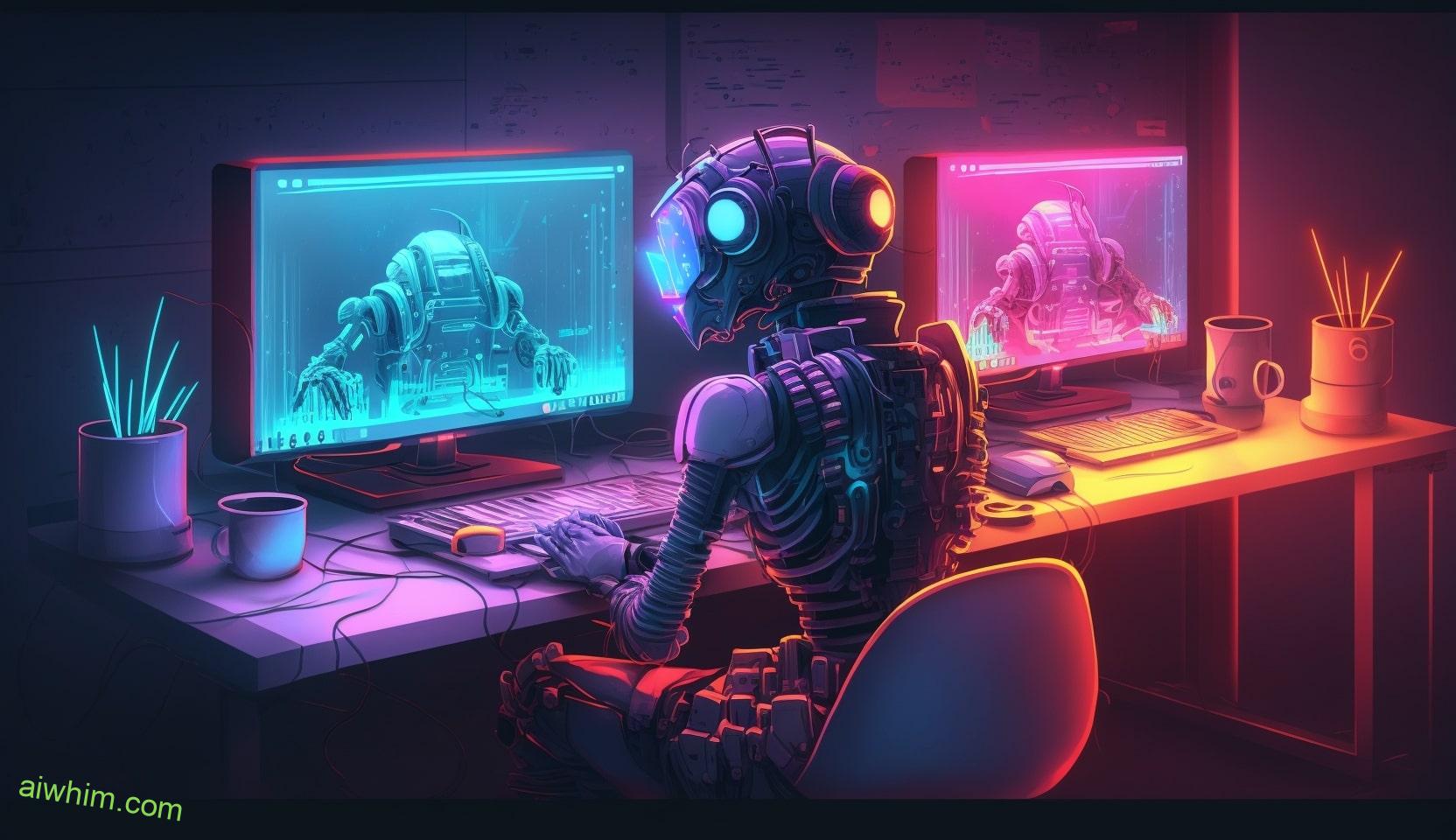
The Future of Flight Attendant TrAIning With AI
You’ll be amazed at how AI is transforming the way flight attendants are trained for their roles in the future. With the rapid advancements in technology, the challenges of preparing flight attendants for the future are being met head-on.
Here’s how AI is revolutionizing the training process:
- Virtual Reality (VR) Simulations: Flight attendants can now practice emergency procedures and customer service scenarios in a virtual environment. This allows them to gain hands-on experience without the need for expensive physical simulations. VR simulations also provide a safe space for attendants to make mistakes and learn from them, all while feeling the freedom to explore different approaches.
- Personalized Learning: AI algorithms can analyze a flight attendant’s performance and provide personalized training modules. This tailored approach ensures that each attendant receives the specific training they need to excel in their role. With the freedom to focus on their individual areas for improvement, attendants can maximize their potential and deliver exceptional service to passengers.
- Real-Time Feedback: AI-powered systems can provide immediate feedback to flight attendants during training exercises. This allows attendants to adjust their approach in real-time, enhancing their skills and ensuring they’re fully prepared for any situation they may encounter in their future roles. The freedom to receive instant feedback and make necessary adjustments empowers attendants to continually improve and excel in their profession.
As the future of flight attendant training unfolds, AI will continue to play a crucial role in overcoming the challenges of preparing attendants for the ever-evolving aviation industry. Technological advancements will undoubtedly enhance the training process, equipping flight attendants with the skills and knowledge they need to provide exceptional service to passengers.
Embrace the freedom that AI brings, and get ready to witness a new era of flight attendant training.
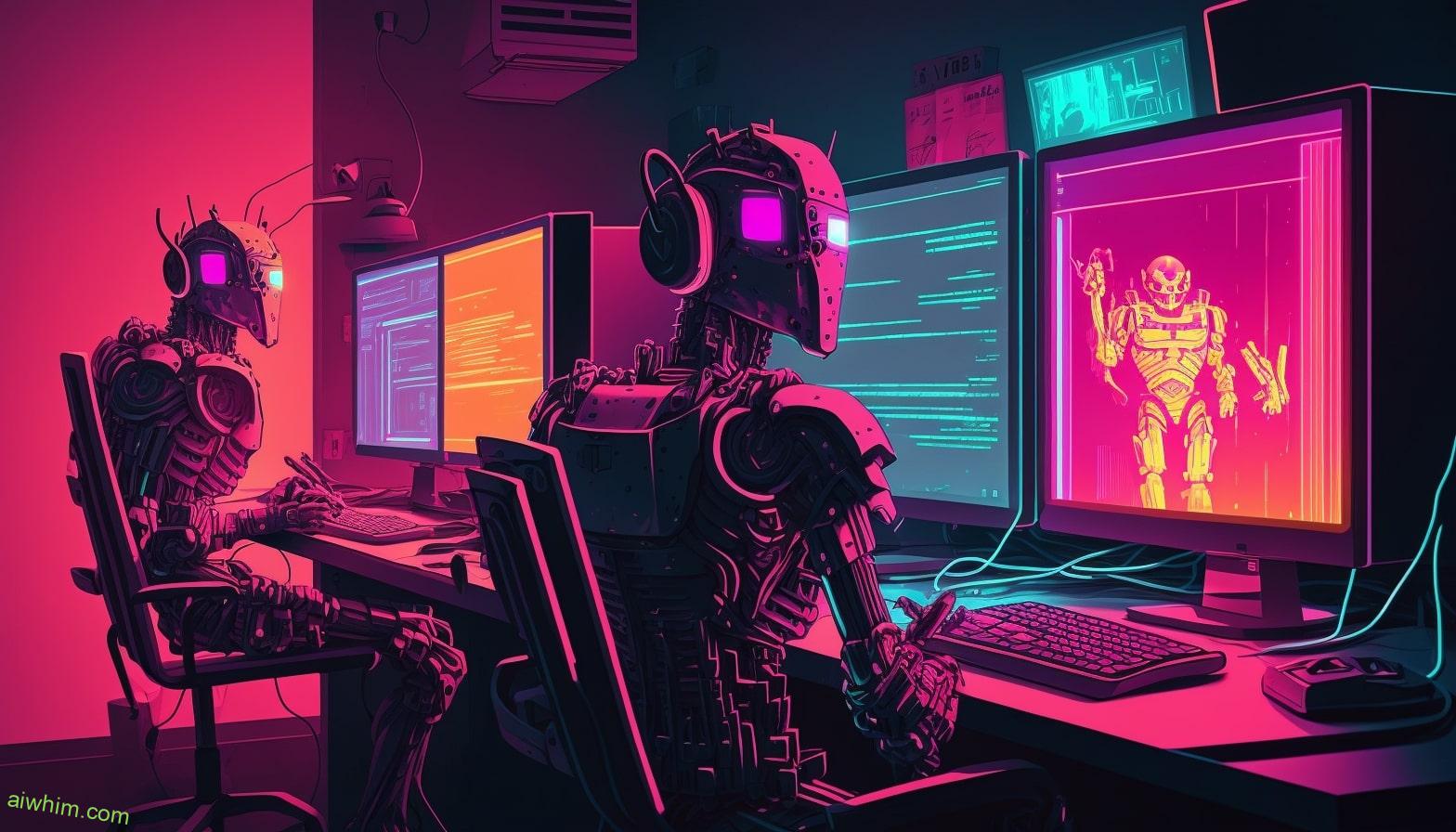
AI and Personalized Passenger Experiences
Get ready to experience a whole new level of personalization as AI transforms the way you’re catered to during your flights. With personalized in-flight entertainment and AI-powered food and beverage services, your journey will be tailored to your preferences like never before.
Imagine stepping onto a plane and being greeted by a virtual assistant that knows your favorite movies, TV shows, and music. AI algorithms will analyze your previous selections and recommend new content based on your interests. Gone are the days of scrolling through endless options, trying to find something you’ll enjoy. AI will curate a personalized entertainment experience just for you, ensuring that every moment of your flight is enjoyable and entertaining.
When it comes to food and beverage services, AI will revolutionize the way you dine in the air. Through advanced data analysis, AI will learn your dietary preferences and restrictions, ensuring that every meal is perfectly suited to your needs. Whether you’re a vegetarian, have allergies, or prefer gluten-free options, AI will create a customized menu just for you. Additionally, AI will take into account your previous orders, ensuring that you’re served with your preferred beverages and snacks.
The introduction of AI in personalized passenger experiences is all about freedom and choice. You’ve the freedom to select from a wide range of entertainment options that are tailored to your taste. You’ve the choice to enjoy a meal that caters to your dietary preferences. AI empowers you to have a truly personalized flight experience, making your journey more enjoyable and hassle-free.
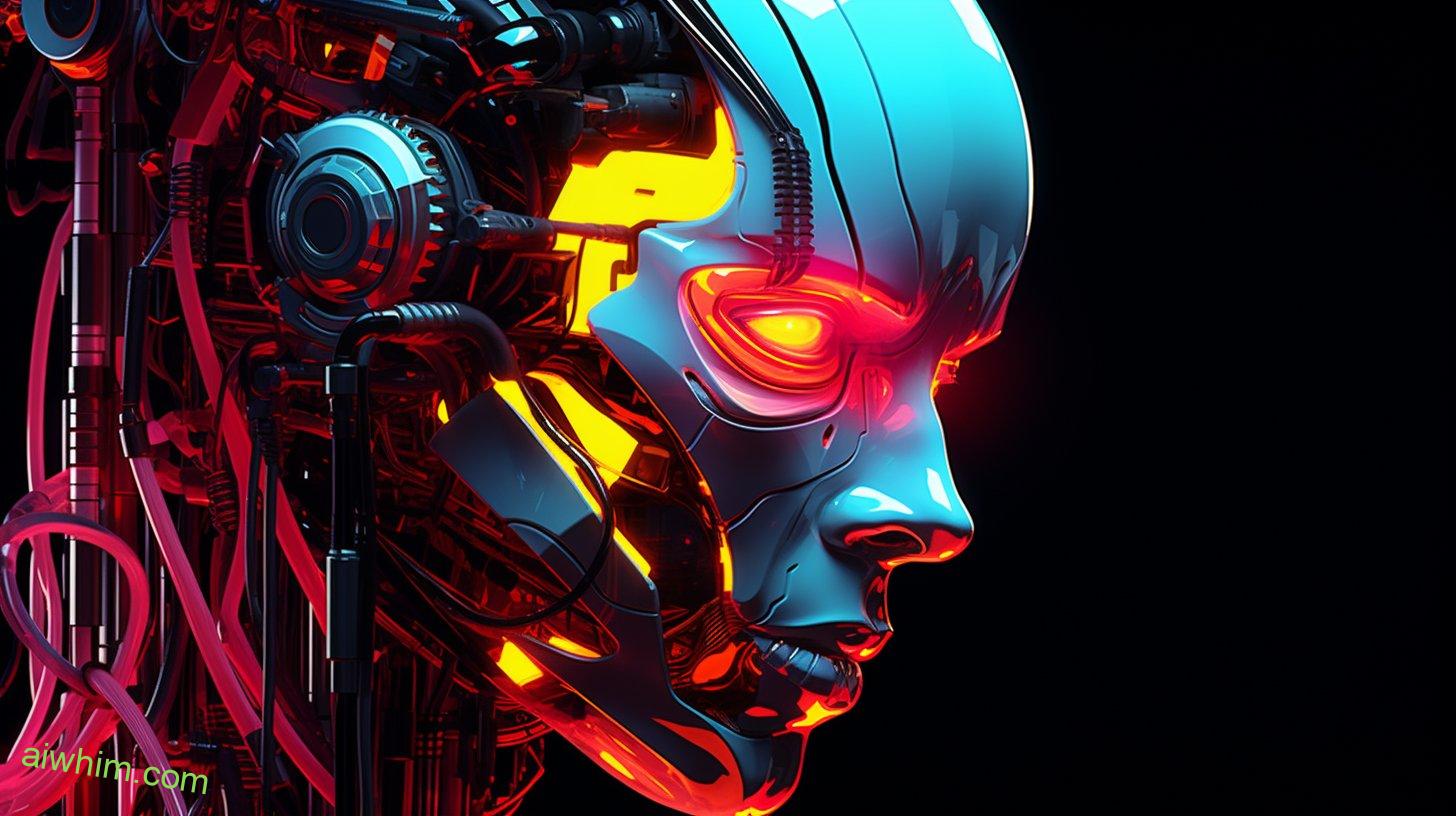
Balancing Human Touch and AI in Cabin Crew Services
As a passenger, you may be wondering how the balance between human touch and AI in cabin crew services affects your overall satisfaction. While AI has undoubtedly revolutionized the aviation industry, it’s essential to maintain that human connection in a digitally driven environment.
Here’s what you need to know:
- AI’s Impact on Passenger Satisfaction
- AI technology has improved various aspects of air travel, such as automated check-ins and personalized recommendations.
- AI-powered virtual assistants can provide passengers with instant assistance and information, enhancing their overall experience.
- Maintaining Human Connection in a Digitally Driven Cabin Crew Environment
- Despite the advancements in AI, the human touch remains crucial in cabin crew services.
- Flight attendants bring empathy, intuition, and emotional support that AI can’t replicate.
- Cabin crew members have the ability to adapt to unforeseen circumstances, making passengers feel safe and cared for.
- Human interaction allows for personalized experiences that cater to individual needs and preferences.
Finding the right balance between AI and human touch is essential to meet the desires of passengers who value freedom. Airlines must ensure that technology enhances rather than replaces the human element in cabin crew services. By leveraging AI to streamline processes and provide personalized recommendations, while maintaining human connection for emotional support and customized experiences, airlines can create a harmonious and satisfying travel experience for passengers.
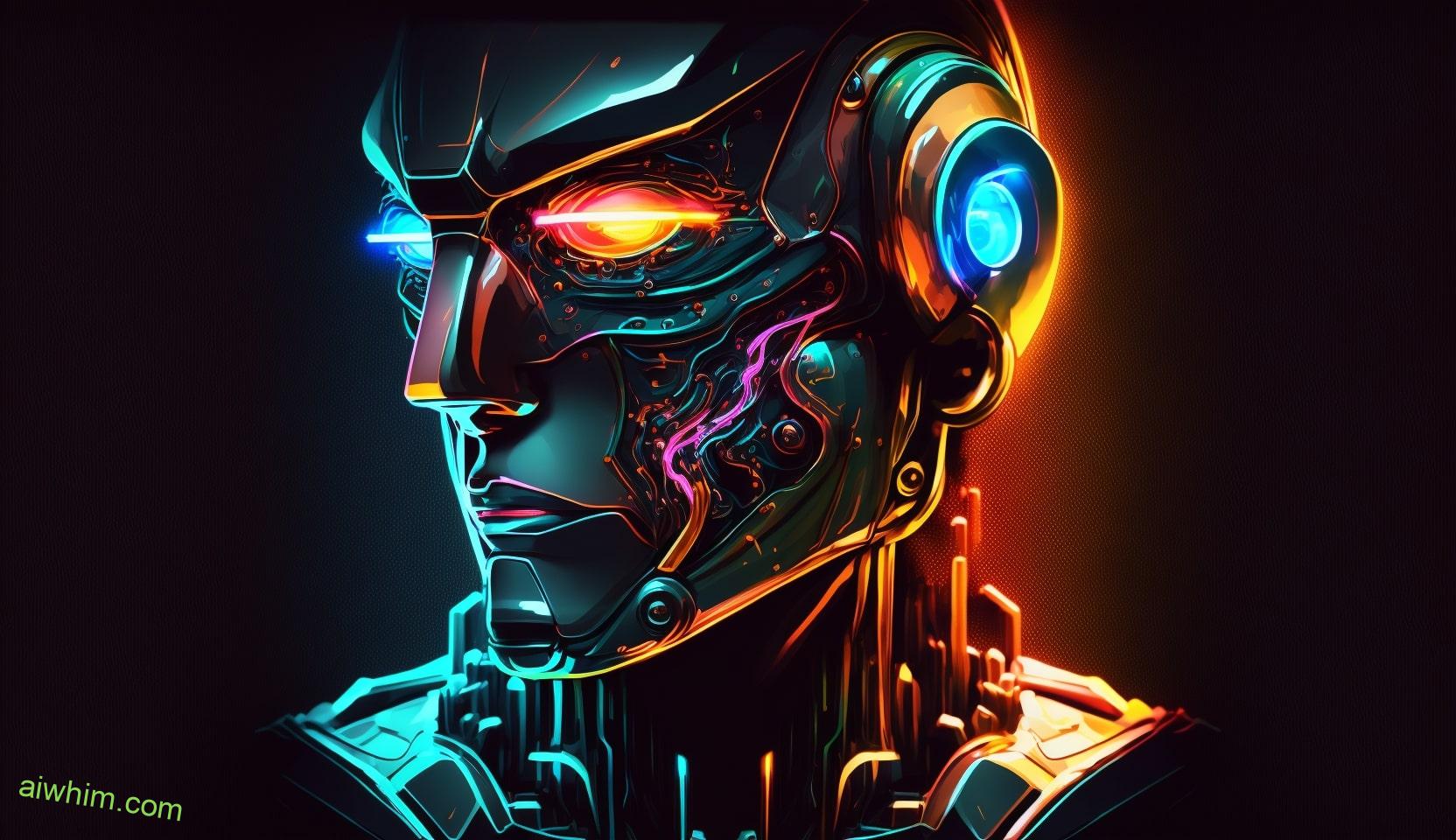
AI-Assisted Emergency Situations on Flights
In emergency situations on flights, having AI assistance can greatly improve response times and ensure passenger safety. Imagine being on a plane and suddenly a fellow passenger experiences a medical emergency. Seconds count, and the flight attendants are scrambling to assess the situation and provide the necessary medical aid. This is where AI can step in and make a significant difference. With AI-assisted medical emergencies, the response time can be reduced, potentially saving lives.
When a medical emergency occurs, AI can quickly analyze the symptoms and provide flight attendants with real-time guidance on the necessary actions to take. It can provide step-by-step instructions on administering CPR or using an automated external defibrillator (AED), ensuring that the correct procedures are followed. This not only improves the chances of a positive outcome but also minimizes the risk of human error in high-pressure situations.
However, the use of AI in flight decision making does raise ethical implications. Should AI be entrusted with the responsibility of making critical decisions during emergencies? While AI can provide valuable assistance, it’s crucial to strike a balance between relying on AI and maintaining human judgment. Flight attendants possess valuable experience and intuition that can’t be replicated by AI. It’s important to ensure that AI is used as a tool to support and enhance human decision making, rather than replace it entirely.
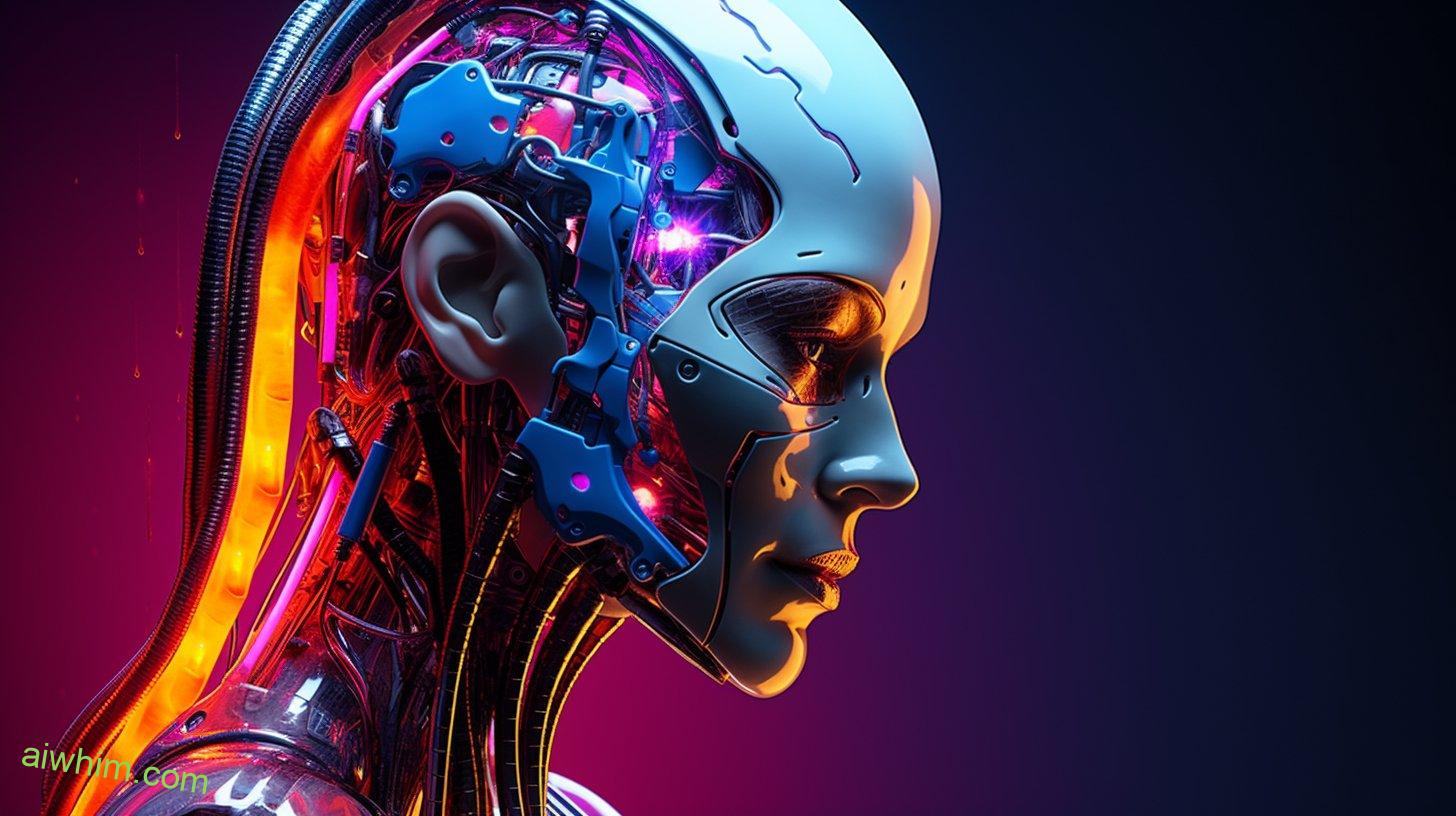
The Role of Flight Attendants in an AI-Driven Environment
With AI technology becoming more prevalent in the airline industry, you may find yourself adapting to new roles and responsibilities as a flight attendant. As the industry embraces automation and artificial intelligence, flight attendants aren’t becoming redundant but rather evolving to meet the changing demands of the job. Here are some aspects to consider about the role of flight attendants in an AI-driven environment:
- Flight Attendant Job Requirements:
- While AI can assist in certain tasks, flight attendants still play a crucial role in ensuring passenger safety and comfort.
- Excellent communication and problem-solving skills are essential to handle unexpected situations and provide personalized service.
- Challenges in Implementing AI in Cabin Crew Services:
- AI can automate routine tasks like meal service or entertainment suggestions, but challenges arise when it comes to handling complex situations or addressing individual needs.
- Maintaining the human touch is vital, as passengers often seek emotional support and reassurance during turbulent times.
As flight attendants, you have the freedom to adapt and embrace the advancements in technology without fearing that AI will replace you completely. Instead, AI serves as a tool to enhance your capabilities and improve overall efficiency. It allows you to focus on tasks that require human intuition and empathy, such as providing personalized assistance to passengers or handling emergency situations.
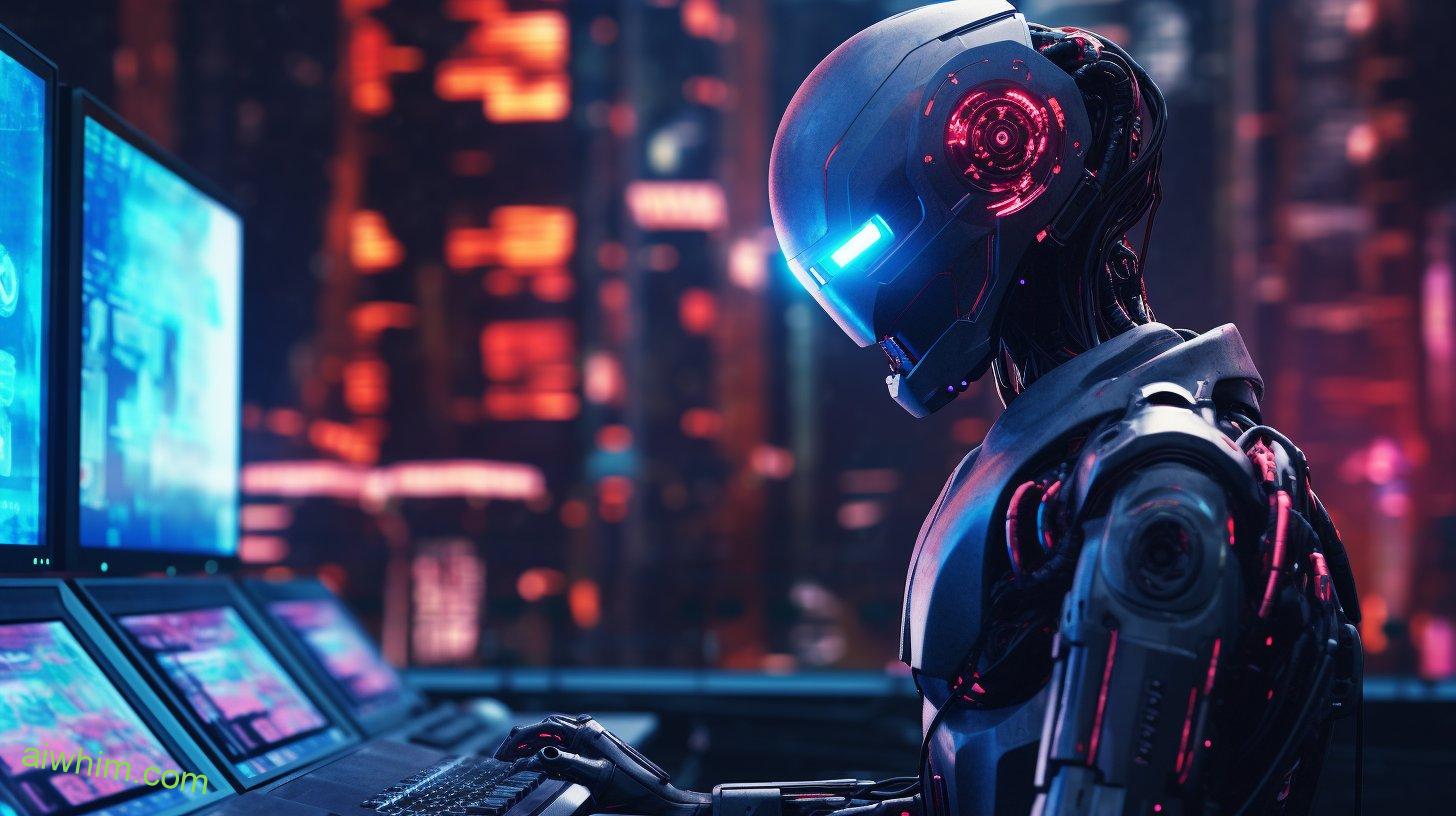
Job Security and Career Prospects for Flight Attendants
Now let’s talk about job security and career prospects for flight attendants. As someone who values freedom, you might be wondering if this profession offers the stability and growth opportunities you desire.
When it comes to job security, flight attendants have traditionally enjoyed a stable career. Despite advancements in AI technology, there’s still a strong demand for human interaction and personalized service on flights. While some routine tasks may become automated, the role of a flight attendant goes beyond just serving meals and ensuring safety. Your expertise in providing comfort, addressing passenger needs, and handling emergencies will continue to be valued.
Moreover, the aviation industry is constantly evolving, creating new avenues for career advancement. As you gain experience and demonstrate your skills, you can progress to senior flight attendant positions, leading teams and taking on more responsibilities. Additionally, there are opportunities to move into roles such as training coordinators, corporate flight attendants, or even management positions within airlines.
Job satisfaction is another crucial aspect to consider. If you appreciate a dynamic work environment that allows you to explore different destinations and meet diverse people, being a flight attendant can provide immense fulfillment. The sense of freedom and adventure that comes with the job can be incredibly rewarding.
While AI may impact certain aspects of a flight attendant’s role, it’s unlikely to make the job redundant. The combination of human touch, adaptability, and the ever-changing nature of the industry ensures that flight attendants will continue to play a vital role in providing exceptional customer service and ensuring passenger safety. So if you’re seeking a career that offers both security and growth, being a flight attendant can be a promising choice.

Adapting to the Changing Landscape: Flight Attendants in the Age of AI
As a flight attendant, your ability to adapt to the changing landscape of the aviation industry is crucial for staying relevant in the age of automation. The flight attendant job market has been impacted by the advancements in artificial intelligence and automation. However, instead of viewing this as a threat, you can embrace it as an opportunity to retrain and enhance your skills to meet the demands of the evolving industry.
Here are some ways you can adapt and thrive in this changing landscape:
- Embrace technology: Automation has streamlined many processes in the aviation industry, including check-in and boarding procedures. As a flight attendant, you can familiarize yourself with these technologies and become proficient in using them. This won’t only make your job easier but also show your willingness to adapt to technological advancements.
- Develop specialized skills: With the rise of AI, there’s an increasing demand for flight attendants with specialized skills. Consider gaining additional certifications or training in areas such as customer service, safety procedures, or language proficiency. These skills will set you apart from others and make you more valuable in the job market.
- Stay updated: The aviation industry is constantly evolving, and it’s essential to stay updated with the latest trends and developments. Attend workshops, conferences, and seminars to expand your knowledge and network with industry professionals. By staying informed, you can position yourself as a knowledgeable and adaptable flight attendant.
- Explore new opportunities: While the traditional role of a flight attendant may change with AI, new opportunities may arise. Consider exploring roles in areas such as aviation technology, customer experience management, or training and development. By diversifying your skill set, you can open doors to exciting career possibilities.
The flight attendant job market may be evolving, but by proactively retraining and adapting to the changing landscape, you can ensure your continued relevance and success in the age of automation. Embrace the freedom to grow and explore new horizons in your career.
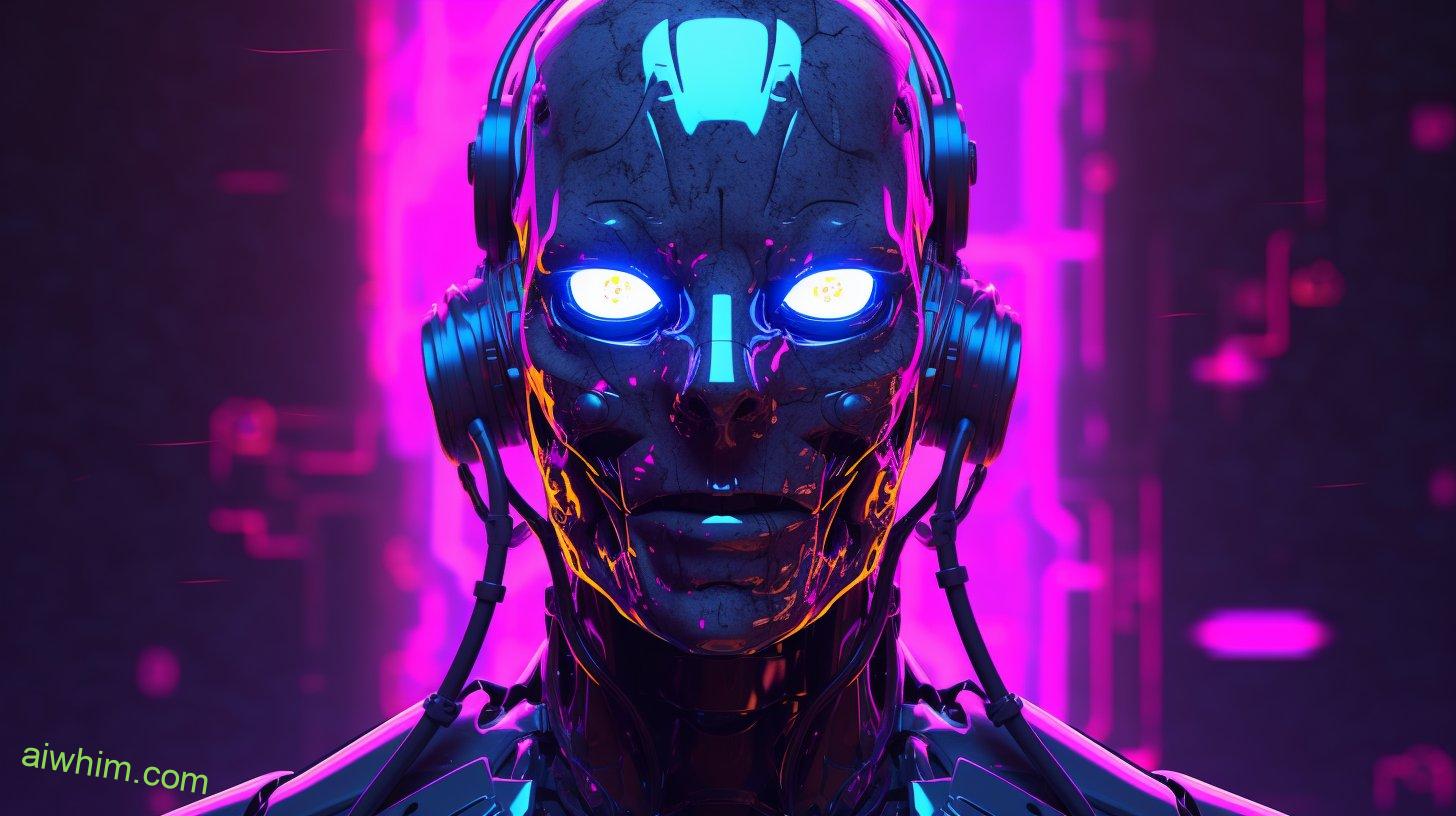
Frequently Asked Questions
How Does AI Impact the Job Security and Career Prospects of Flight Attendants?
AI’s impact on flight attendants’ job security and career prospects varies. It can streamline processes and improve efficiency, but it might also lead to reduced wages and job satisfaction. However, it’s important to consider the overall freedom and opportunities AI can bring.
What Are the Specific Ways in Which AI Is Transforming In-Flight Services?
AI is completely revolutionizing in-flight services. It’s like having a personal assistant on board. AI is enhancing in-flight entertainment, offering personalized recommendations. It’s also improving meal and beverage services, making your flying experience even more enjoyable.
How Does AI Assist in Emergency Situations on Flights?
In emergency situations on flights, AI assists in numerous ways. It helps with flight safety measures by analyzing data and identifying potential risks. Additionally, AI aids in flight communication by providing real-time updates and instructions to passengers.
What Is the Future of Flight Attendant Training With the Integration of Ai?
In the future, with the integration of AI, flight attendant training will be revolutionized. You’ll be amazed at how AI can enhance your skills and make you an even more effective and efficient flight attendant.
How Do Flight Attendants Balance the Use of AI With Providing a Personalized Passenger Experience?
When balancing AI technology in the airline industry, flight attendants must maintain a human touch to provide a personalized passenger experience. They can utilize AI to enhance efficiency, but should always prioritize creating a meaningful connection with passengers.
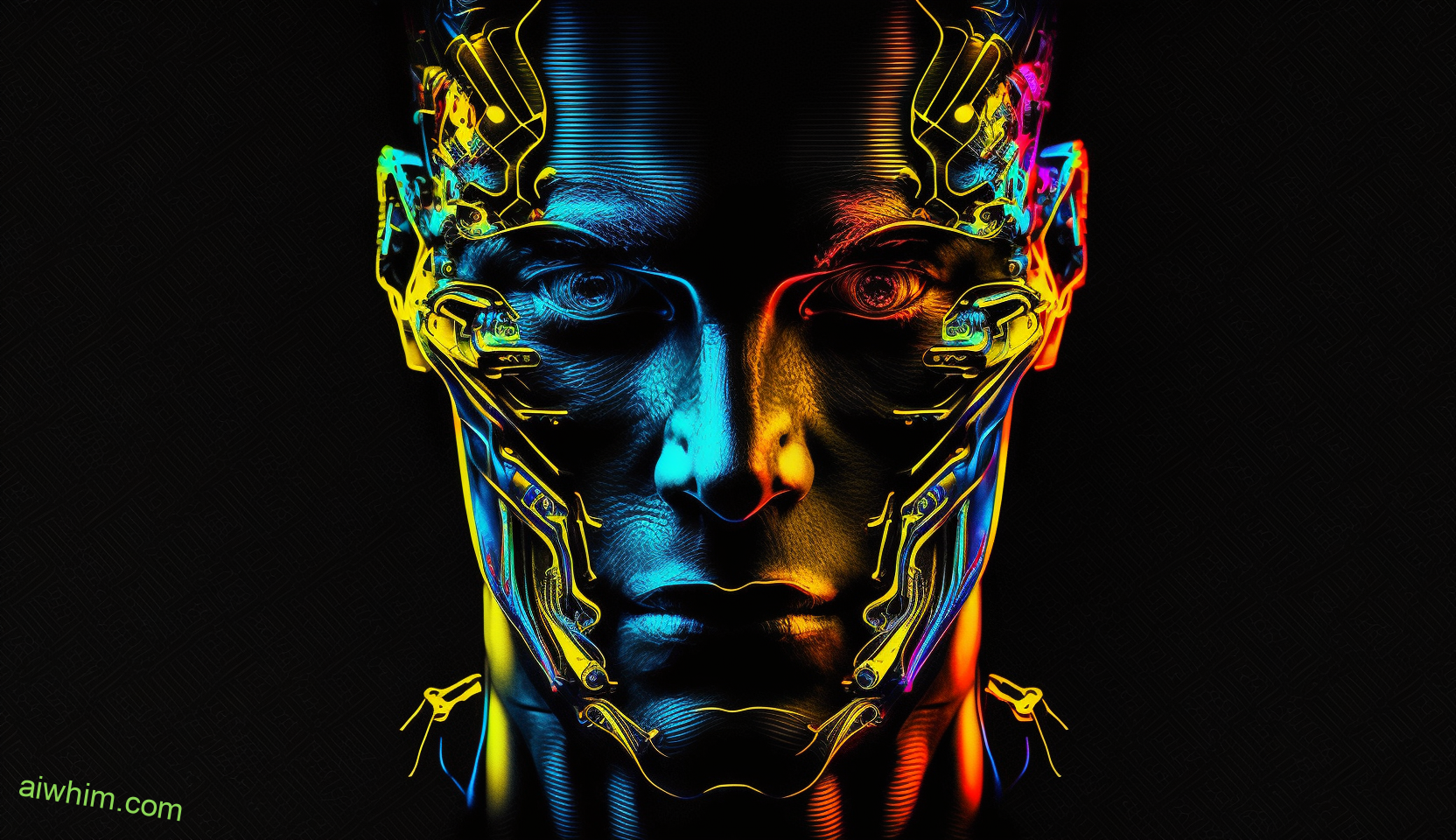
Conclusion
So, is AI making flight attendant jobs redundant?
While AI is undoubtedly transforming various aspects of the aviation industry, flight attendants still play a vital role in ensuring passenger safety, comfort, and providing personalized service.
The human touch and ability to handle complex situations with empathy and care can’t be replicated by AI.
So, next time you’re on a flight, ask yourself, would you feel as safe and comfortable without the presence of a flight attendant?

